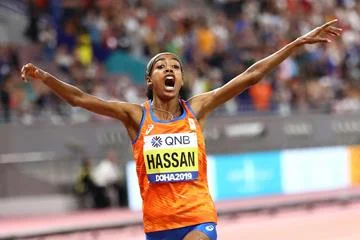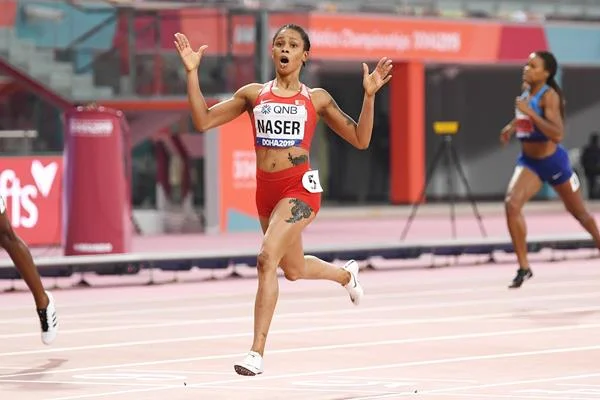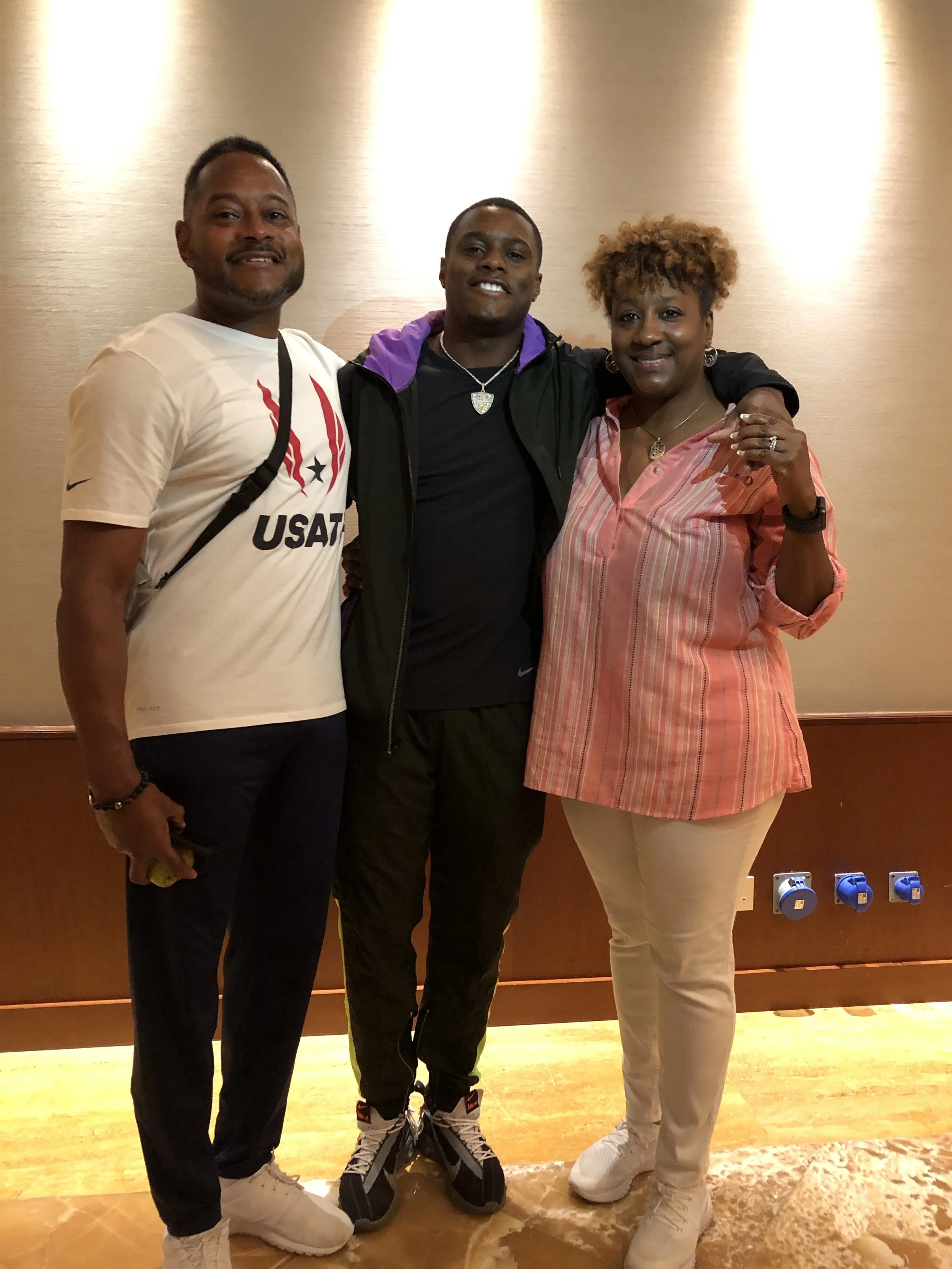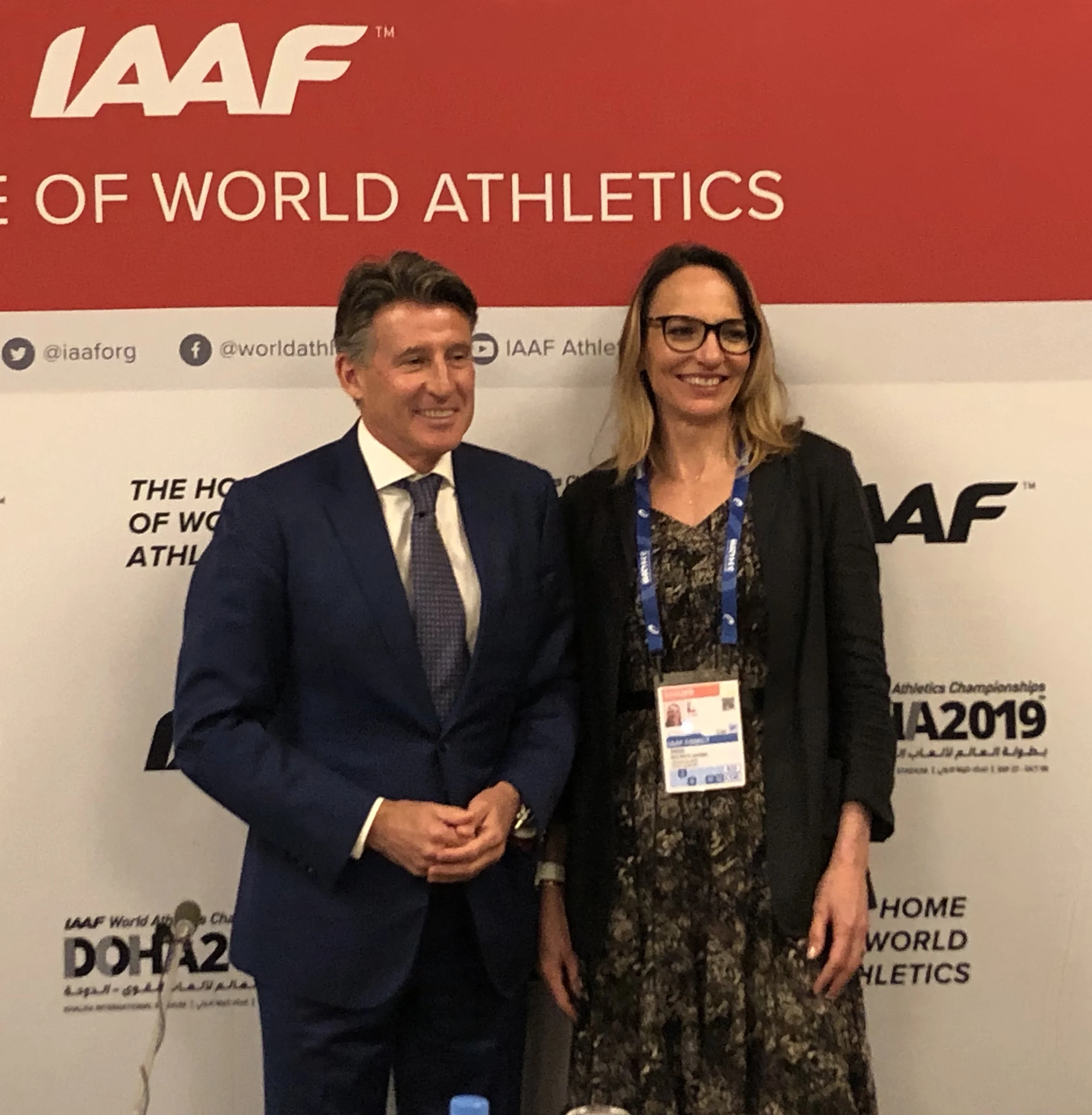EUGENE, Ore. — That didn’t take long. All too predictably.
Not even 24 hours after Sha’Carri Richardson sped to victory in the women’s 100 meters here Sunday night at the U.S. Olympic Trials, a British journalist posted to Twitter a note about Richardson’s coach, Dennis Mitchell.
In this tweet, this correspondent pointed out that it had been he in 1998 who had “exclusively” reported that Mitchell had been “let off a doping charge for excessive testosterone, which he claimed was down to drinking beer and having sex four times a day with his wife. ‘It was her birthday, the lady deserved a treat.’“
This note underscores the racial — if not racist — reckoning that track and field must confront. In the year after the murder of George Floyd, this tweet spotlights the undercurrents of the very thing that the British sprint champion Dina Asher-Smith so eloquently wrote about in a briliiant column published last summer in The Telegraph — the “layers and layers of ‘unconscious’ bias at best, and hate at worst, that affect [her] life on a day-to-day basis.”







